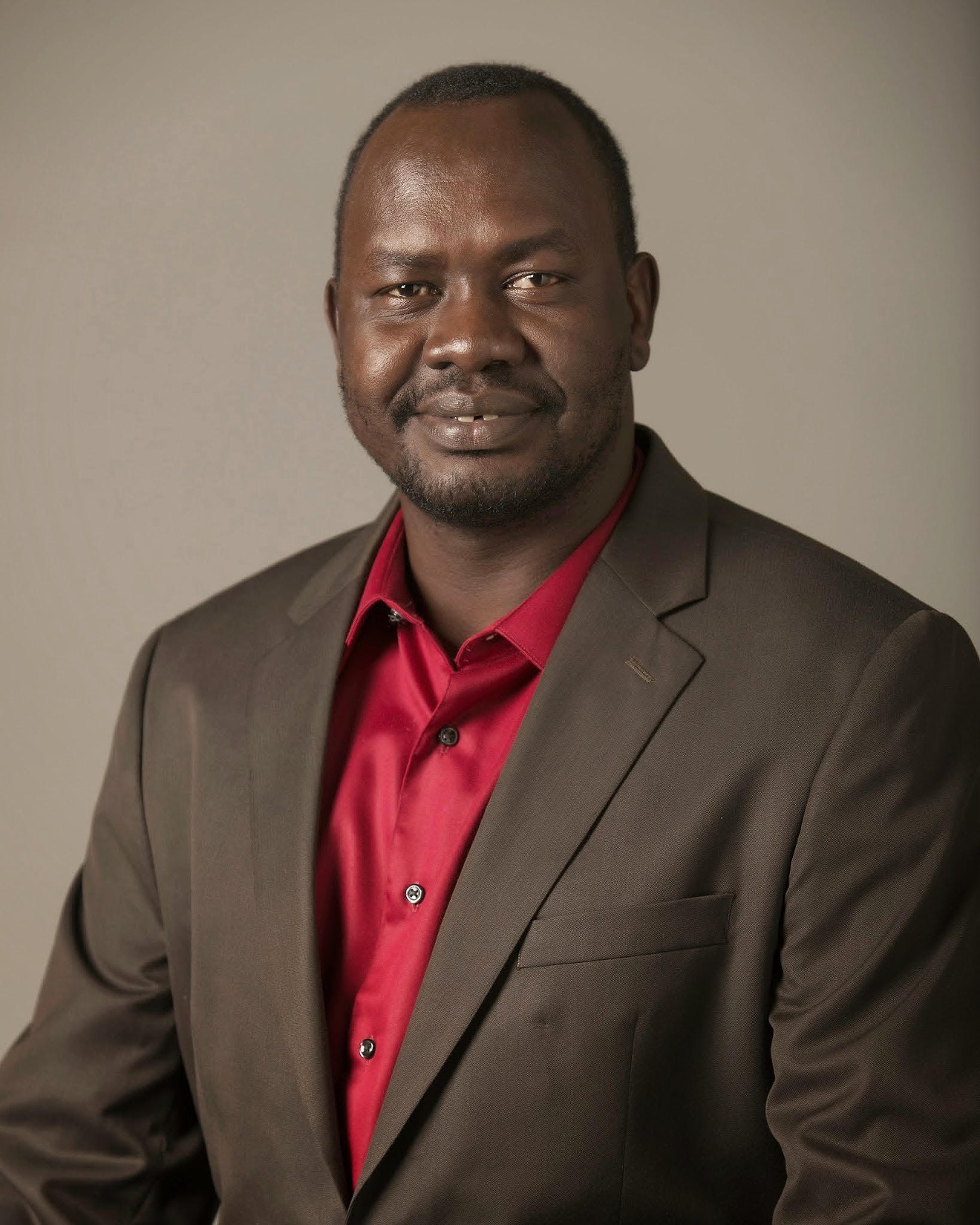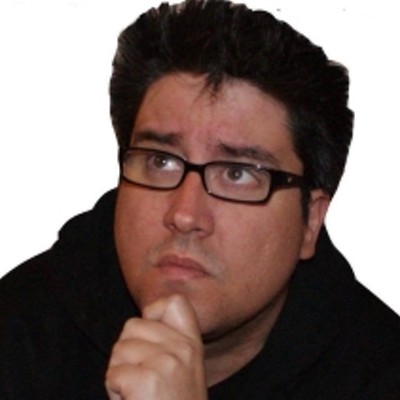These days,
According to
After the attack, Theip made his way to
At first, the rebel fighters from the Sudanese People's Liberation Army didn't want to take children to their training camp but
He says he never got the chance to go back to reclaim his village or find his father. "My home village was closer to the north,"
He had no idea what to expect when he left for the United States. He had only known war and destruction his whole life. "I didn't know any better," he says. "I thought that's how it was all over the world. When you're born into a situation like that, it's normal until you get out."
The civil war ended four years after
Thiep says he hopes that through his comedy and other artistic endeavors he can give Americans perspective on places experiencing unrelenting turmoil and war. When he's not driving his cab, he's working on his standup routines, working on a book about his experiences in Sudan and the U.S., or preparing a talk. "I think the more we bring out what happened in the past, the more likely we can prevent it from happening in the future," he says.
The experiences Thiep jokes about in his sets are unthinkable to many Americans, but when he performs he says he is imbued with a sense of hope, and his goal is to pass that on to others who need it. "I feel there's always possibilities. I feel positive and optimistic. No matter how hard it can get now, there is always going to be a time for good things to happen."
James Thiep will perform at Hyena's Dallas, 5321 E. Mockingbird Lane, Feb. 23-25. Tickets are $12-$17 at hyenascomedynightclub.com.












